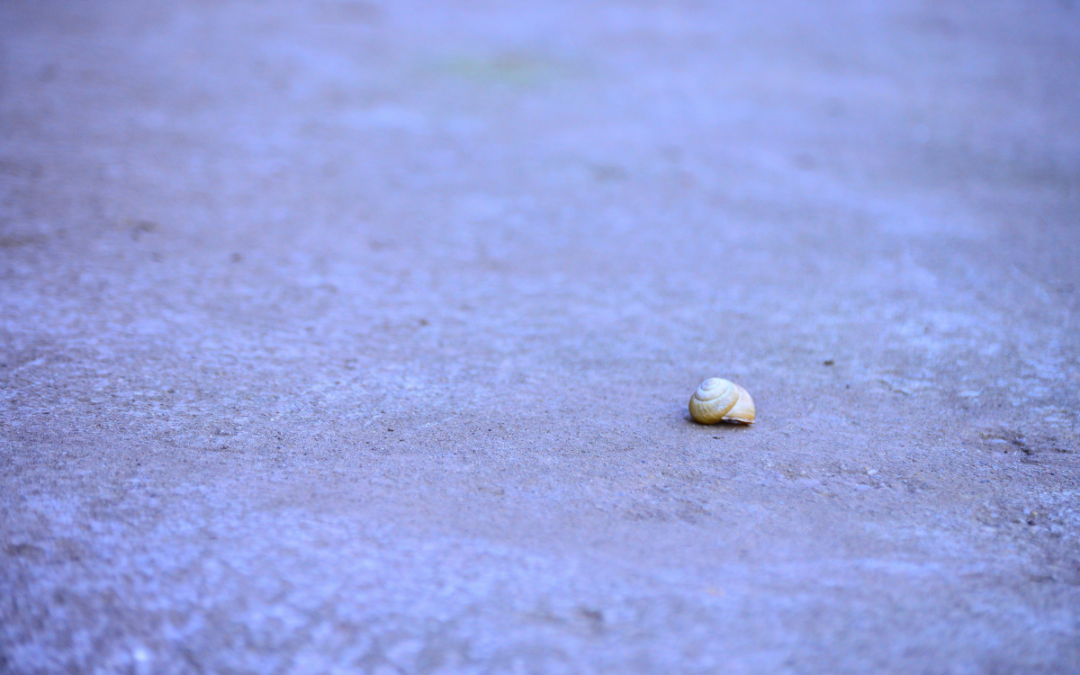1. Expect that they will not, for the most part, be available. They will not be at home very much. If they are at home, they will likely be working, studying, sleeping, or thinking about doing one of those things.
2. Make your own plans. If you want to do something for yourself or for the family, do not wait until they are available. Hire your own babysitter. Go with friends. Don’t wait.
3. Keep a running list of tasks for your resident spouse to do when they *are* at home. This might mean they have certain tasks they complete every time they have a two-day weekend, or maybe a list of tasks they complete on a post-call day, or a list of tasks for them to do when they have a vacation week, etc. Having a plan and everything written down helps alleviate anxiety and resentment.
4. It’s ok to say no to whatever you want to say no to. It is ok to say no to more things than you normally would during medical training: family gatherings, weddings, birthday parties, playdates, ANYTHING. Money, childcare, and physical, mental, and emotional energy are going to be scarce. Conserve your energy when you need to. You will not have to say no to things forever. Not everyone will understand this. That’s ok.
5. Don’t expect people who are not in the medical field or married to the medical field to understand it. It’s ok that they don’t. It’s a very unique experience and the only ones who will really get it are the ones who have also experienced it.
6. Make friends with other medical spouses and families. These people WILL understand you what you are living and breathing. They are likely to help you feel understood and less alone. It is the most worthwhile time investment I can think of. Be sure to check if your program has a resident-spouse-family alliance or support group.
7. Have a call-night plan. Easy dinners, leftovers, or takeout if you can afford it. Eat picnic-style with the kids on the living room floor in front of a show or movie if you need to. If you have children, do not bathe them, or at least all of them, unless absolutely necessary. Save your energy for other things. If it’s just you, plan something fun for yourself.
8. Do not even attempt to keep the kids quiet while they sleep while post-call or on nights. It will not work. Tell them to get good earplugs and an eye mask. And wish them luck.
9. Have an emergency call list. One of your first priorities when you arrive in your residency city is to find 2-3 people you can call in an emergency when your spouse is at work overnight, on night float, or has some other awful schedule. You need someone who can come to your rescue in the middle of the night if needed. “We are new and don’t have any family in the area. Would you mind giving me your phone number in case of an emergency? I’d love to support you in an emergency, too. Here’s mine.”
10. Simplify all celebrations of birthdays and holidays. Simple, homemade, and/or inexpensive store-bought are all fine. TOSS THAT GUILT OUT THE WINDOW RIGHT NOW.
11. You do not have to plan vacation weeks around large events. Having vacation to be able to attend events can be fun, and trips for a change a scenery are definitely worth it now and then. It’s also ok to plan nothing and just enjoy having your partner around for one whole blessed week. Or, plan relaxing and fun things as a family, date nights, etc. Medical training is rough. Consider giving yourselves the gift of down time together.
12. Have a monthly date night. I don’t care if you have to trade babysitting with a neighbor and order a $5 pizza and eat it at the city park. It may quite literally be the only time each month when you can really check in with each other, have an uninterrupted conversation, and remember why you like each other.
13. Don’t participate in the Misery Olympics. You will both be maxed out, overextended, exhausted, lonely, and feeling like your personal fulfillment bucket is empty. This will make you want to participate in the Misery Olympics. Don’t. It’s not fun and everyone loses. Instead: communicate how you are feeling, what you need to make it to bedtime, and work together to get each other’s buckets filled.
14. Get help. You and your resident spouse are both going to be giving 200% during medical training. When you are feeling overwhelmed, get help. This might mean medication and/or therapy. It might mean organizing a break for yourself for an hour each week. It might mean hiring help with things for the house, if you can scrape it together. When someone offers to help you, say YES, PLEASE. This will be hard at first. It will become more natural. Keep practicing.
15. Make time for your own creative and intellectual pursuits. Your spouse has gotten their dream job. Your job, at home or otherwise, may or may not feel that way. If you feel your professional dreams fading into oblivion because of The Match, I cannot encourage you enough to make time for your own interests and creative and intellectual pursuits. Find the Thing That Makes You Excited About Life and do that in your spare time. You might feel like you are shitty at it or that no one will like it or that you may never get paid for it and what’s the point. I promise it’s worth it. It will make you feel human, and you never know where it could lead.







